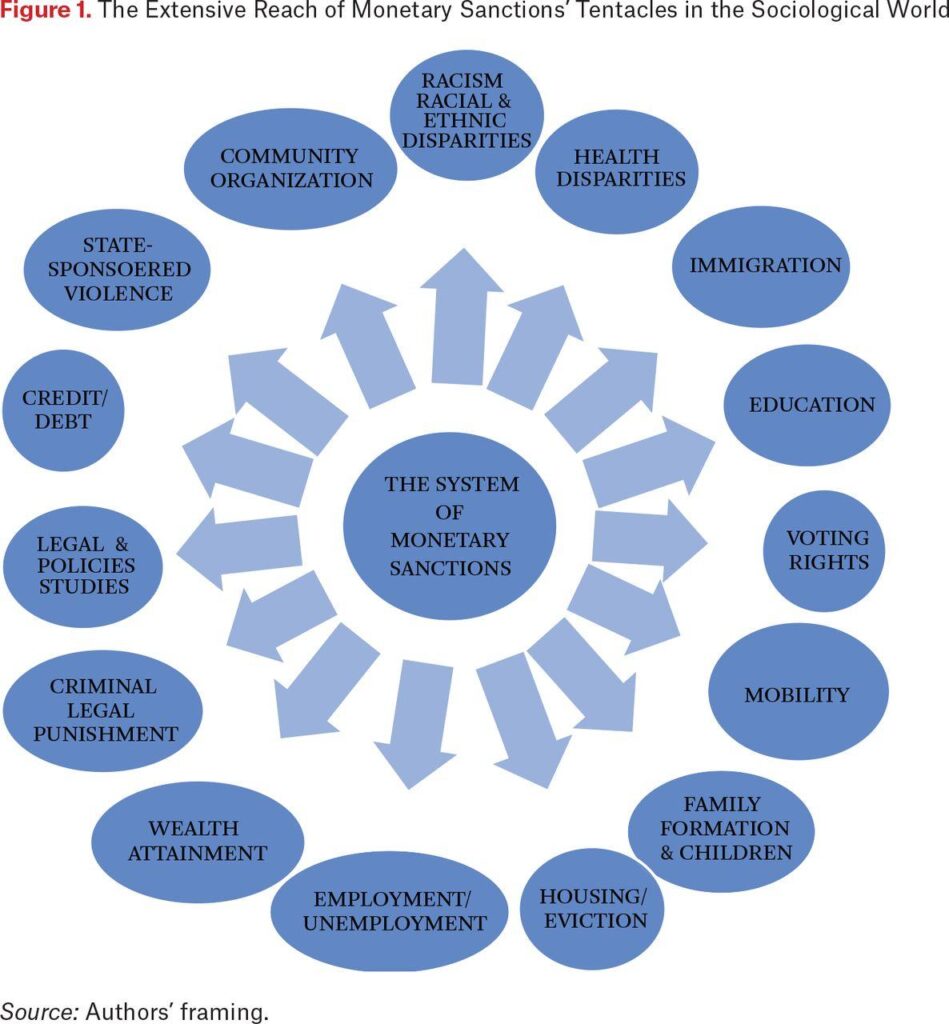U.S. Sanctions on Algerian Charity Spark Debate Over Humanitarian Aid in Gaza
The United States government’s recent decision to impose sanctions on the Algerian humanitarian organization El Baraka has ignited intense controversy and widespread criticism. This move, occurring amid escalating violence and a deepening humanitarian crisis in Gaza, has raised pressing concerns about the delicate balance between national security priorities and the imperative to provide aid to vulnerable populations. Many observers view these sanctions not simply as punitive measures but as strategic efforts aimed at suppressing organizations that offer critical support to communities caught in geopolitical conflict.
El Baraka has long been recognized for its commitment to delivering essential relief—ranging from food distribution and medical assistance to shelter provision—in some of the most volatile regions affected by ongoing strife. The U.S. action threatens not only this charity’s ability to operate effectively but also sends a chilling signal that could deter other humanitarian groups from engaging in similar work due to fears of political repercussions.
- Heightened scrutiny of aid organizations: Charities working within conflict zones may face increased regulatory challenges or accusations linking them with political agendas.
- Restricted access for vital resources: Sanctions can obstruct the flow of necessary supplies, leaving affected populations without crucial support.
- Erosion of public trust: Associating charitable work with contentious politics risks alienating donors and volunteers who might otherwise contribute generously.
The Role of El Baraka: Humanitarian Efforts Under Pressure
The sanctions against El Baraka have profound implications beyond immediate operational setbacks—they strike at an organization deeply embedded in grassroots advocacy for Palestinian rights and welfare. Known for transparent management, El Baraka channels funds into emergency relief initiatives, healthcare services, educational programs, and food security projects designed specifically for displaced families impacted by ongoing hostilities.
This charity exemplifies how local actors can mobilize resources effectively during crises while fostering international awareness about human rights issues linked with prolonged conflicts. Key pillars of their mission include:
- Crisis Response Funding: Rapid deployment of aid during flare-ups in violence or natural disasters affecting civilian populations.
- Sustainable Development Initiatives: Programs aimed at empowering communities through education and economic self-reliance over time.
- Global Advocacy Efforts: Campaigns designed to inform international audiences about Palestinian struggles and promote solidarity worldwide.
| Main Effects on El Baraka | Bigger Picture Consequences |
|---|---|
| Diminished financial inflows | Lowers capacity for delivering life-saving assistance on ground |
| Tighter governmental oversight | Paves way for broader crackdowns on NGOs operating in sensitive regions |
| Eroded donor confidence | Makes sustaining long-term projects increasingly difficult |
A Call To Protect Humanitarian Organizations Amid Political Turmoil
This sanctioning episode highlights a troubling trend where governments invoke national security rhetoric as justification for curtailing humanitarian operations—especially those perceived as politically sensitive or aligned with contested causes like Palestine’s plight. At a moment when global solidarity is paramount due to intensifying conflicts such as Gaza’s current crisis, penalizing charities like El Baraka undermines collective efforts toward alleviating human suffering worldwide.
Civil society advocates urge an urgent response emphasizing unity across borders: safeguarding independent charitable entities from unjust restrictions while amplifying their voices through coordinated campaigns is essential. Practical steps recommended include:
- Amplifying Awareness: Leveraging social platforms globally helps expose unfair policies targeting humanitarian actors;
- Lobbying Policymakers: Engaging elected officials encourages reconsideration or reversal of sanction decisions;
- Sustaining Financial Support: Donors are encouraged to continue backing organizations committed solely to alleviating hardship regardless of political pressures;
The worsening situation in Gaza serves as a stark reminder that compassion transcends geopolitical divides; impeding aid only prolongs misery among civilians trapped amidst conflict zones worldwide. A unified global stance defending humanitarian principles can counteract narratives seeking criminalization over empathy—and reaffirm our shared responsibility toward humanity’s most vulnerable members.
Navigating Complexities: The Intersection Between Geopolitics & Humanitarianism
The imposition of sanctions against El Baraka encapsulates broader ethical dilemmas faced by international actors balancing state interests against moral imperatives during crises marked by protracted violence such as those seen across parts of the Middle East today. Critics argue these measures disproportionately protect entrenched power structures—specifically citing support mechanisms favoring Israeli state policies—while marginalizing grassroots movements dedicated solely to relief efforts without partisan intent.
As tensions escalate globally—with recent reports indicating over half a million displaced persons within Gaza alone—the stakes surrounding access to impartial aid grow ever higher.[1]
[1] UN Office for the Coordination of Humanitarian Affairs (OCHA), June 2024 Report on Displacement Trends in Gaza Region.
A Final Reflection: Upholding Humanity Amidst Conflict
The U.S.’s sanction decision targeting Algeria-based charity El Baraka underscores urgent questions regarding how nations should navigate complex intersections between geopolitics and altruism during times marked by acute human suffering.
While governments must address legitimate security concerns responsibly, it remains critical they avoid actions that inadvertently punish those striving tirelessly toward peace-building through direct community engagement.
Ultimately, fostering open dialogue around these issues—and championing protections enabling charities’ uninterrupted operation—is vital if we hope collectively not only survive but uphold fundamental values rooted firmly within universal human dignity.
Together we must resist attempts that conflate compassion with complicity; instead embracing solidarity unconditionally wherever injustice persists.
Only then can meaningful progress be made towards resolving enduring conflicts while ensuring no one is left behind amid turmoil.
